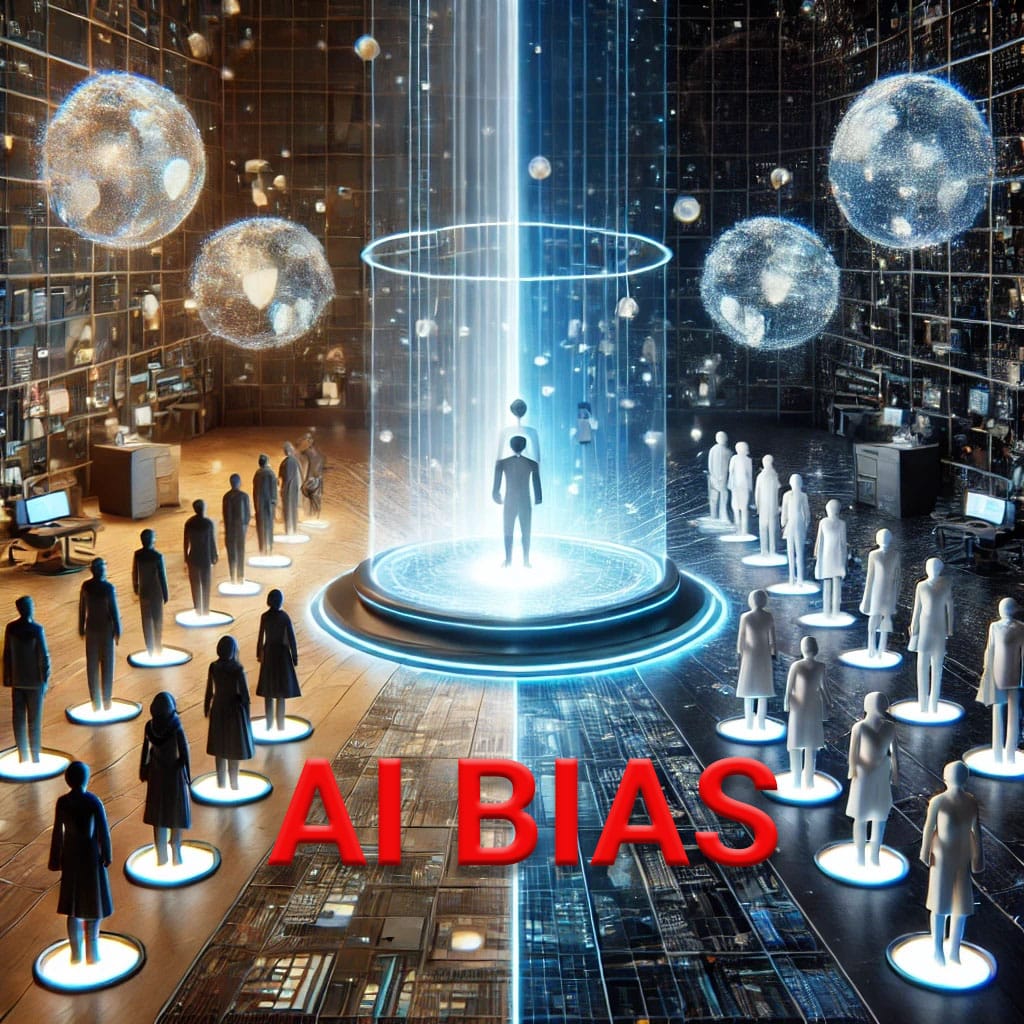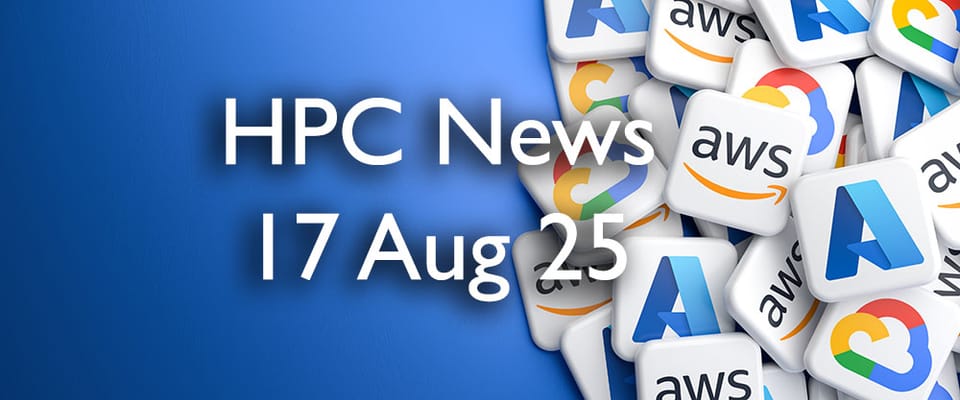AI, Bias & Women in HPC
The tech behind AI is great. If only the marketers and VCs would get out of the way and stop the hype cycle we might make something great with it too!

The hype around AI still massively outweighs what it is genuinely capable of and also seeks to dismiss and hide its limitations.
Let me start of off by clarifying up front, I am not an AI doomer. I’ve been using GitHub Copilot since it was released, I have a paid subscription to ChatGPT and we’re actively developing software with LLMs to fully automate our accounting processes in HMx Labs.
I generated the image below using the ChatGPT with the following prompt:
“I want an image showing a secret meeting of very powerful people meeting to discuss the future of high performance computing in the cloud and on premises. The meeting will be about AI, HPC and big data and by invite only. It will be attended by people who are at the board and very senior levels in the financial services space and in technology companies that service this sector.
The image should be dark and secretive but also futuristic. It should convey elements of being highly exclusive.”

When I saw the image it generated, I had to re-read my prompt. Had I specified men? No, I clearly said people but ChatGPT gave me a table full of men. So, I had to specifically request that it added women to the picture to get the second image it then generated.

Now, you could argue the first image more accurately reflects the state of the world and you’d possibly have a point… but I’m not sure that’s a good place to be in. Also, there definitely are women that work in this field. There’s a whole organisation dedicated to them in fact.
This wouldn’t even be as big of a problem if there was some recognition of the fact that even today we have limitations and inherent biases in AI. But no, those are swept under the rug. So instead of being aware of them and knowing I should correct for them, I just get given less than ideal generated content.
Look, AI is pretty amazing. The fact that I could even generate this image is huge. I think we’re capable of both acknowledging that but also in the same breath admitting its limitations.
Whilst it cost me almost nothing to generate these images, I do wonder what the total power consumption, CO2 output and real cost was… Topic for another day perhaps but I think we’re definitely in the early days of investor funded customer acquisition of this technology, a la Netflix and Uber.





